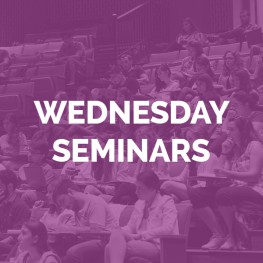Dr. Zweig’s research team, with assistance from the Center on China’s Globalization and Dr. Wang Huiyao, has created a data set of 1400 participants in the 100 Talents, Changjiang Scholars and 1000 Talents plans. Based on the quality of their publications, they find that “short-term participants” in the Changjiang and 1000 Talents programs are better researchers than those who return fulltime under the two programs. Also, people in these two programs are better than awardees under the 100 Talents Plan of the Chinese Academy of Sciences. Another data set shows that university presidents with foreign PhDs recruit more top overseas talent than presidents who have only been Visiting Scholars or who have never been abroad.
Bio of Prof. David Zweig:
David Zweig is Chair Professor, Division of Social Science, and Director, Center on China’s Transnational Relations (www.cctr.ust.hk), HKUST. He also teaches in the EMBA and MBA programs at the School of Business Management at HKUST. He is an Adjunct Professor, School of Social Sciences and Humanities, National University of Defense Technology, Changsha, Hunan, and Vice-President of the Center on China’s Globalization (Beijing). In June 2012, he gave the former head of the Organization Department of the Chinese Communist Party, Li Yuanchao (the current Vice President), an evaluation of the CCP’s 1000 Talent Program.
He has lived in the Mainland for four years (1974-76, 1980-81, 1986 and 1991-92), and in Hong Kong since 1996. In 1984-85, he was a Postdoctoral Fellow at Harvard University. His Ph.D. is from The University of Michigan (Political Science, 1983).
He is the author of four books, including Internationalizing China: domestic interests and global linkages (Cornell Univ. Press, 2002), and six edited book, including a new edited book, Sino-U.S. Energy Triangles: Resource Diplomacy under Hegemony, with Hao Yufan (Routledge: 2016). He is currently completing a book on China’s reverse brain drain.
In 2013, he received The Humanities and Social Sciences Prestigious Fellowship, Research Grants Council (RGC) of Hong Kong, 2013-14, and in 2015 received a grant from the RGC for a project entitled, “Coming Home: Reverse Migration of Entrepreneurs and Academics in India and Turkey in Light of the Chinese Experience.”


